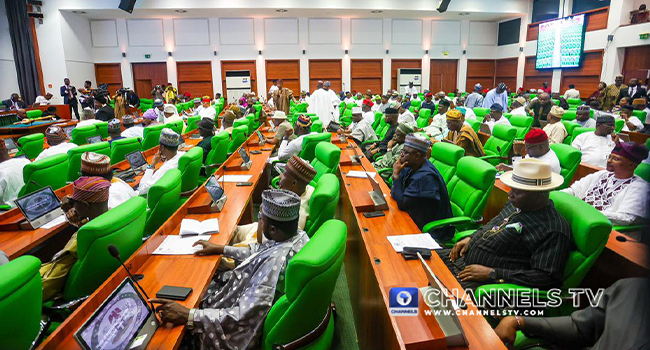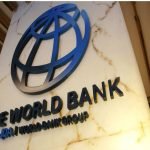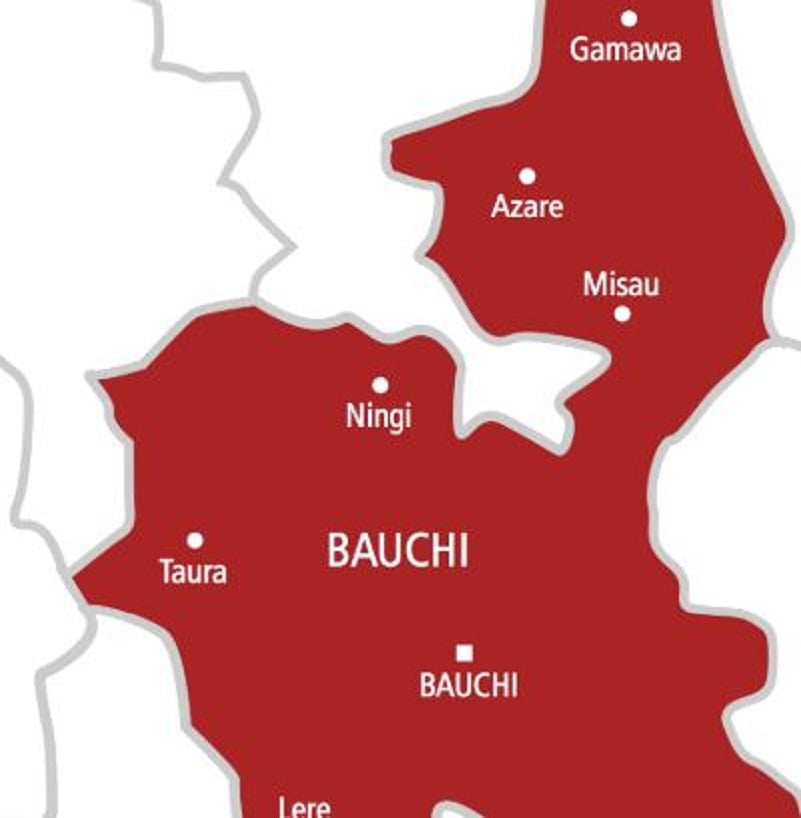The leadership of the Nigeria Labour Congress (NLC) and the Trade Union Congress (TUC) are currently engaged in discussions with the Federal Government, primarily addressing the impact of soaring petrol prices on the nation’s economy. The meeting, taking place at the office of the Secretary to the Government of the Federation (SGF), George Akume, is centered on the growing discontent over fuel pricing and its far-reaching consequences on Nigerians.
Present at the meeting are key government officials, including National Security Adviser Mallam Nuhu Ribadu, Labour Minister Nkeiruka Onyejeocha, Minister of Finance Wale Edun, Information Minister Mohammed Idris, and representatives from the Nigerian National Petroleum Company Limited (NNPCL). The aim of the dialogue is to explore immediate measures to alleviate the financial burden on citizens.
Simultaneously, the House of Representatives has passed a motion demanding the immediate reversal of the recent increases in petrol and cooking gas prices. Led by Deputy Minority Leader Aliyu Madaki, the motion—which was co-sponsored by 111 lawmakers—criticized the price hike as a major contributor to worsening inflation and economic hardship across the nation. Lawmakers also called for increased local refining capacity, urging the Central Bank of Nigeria (CBN) to adopt monetary policies that mitigate the effects of the price hike on inflation.

The hike in fuel prices from N175 per litre in May 2023 to over N1,000 per litre has fueled widespread frustration. Additionally, the price of 1 kg of cooking gas has surged to N1,500, straining household budgets. The World Bank has also warned that any further increase in petrol prices could reverse the gradual disinflationary trend seen in recent months.







2 Comments